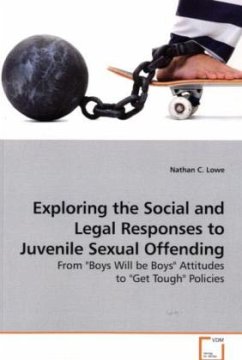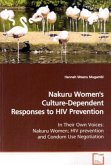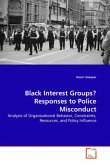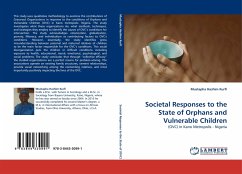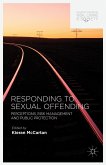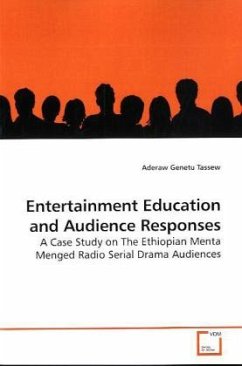In recent years, juvenile sexual offenders have become a focal point within both legal and social arenas. A competing range of intense emotions have surrounded the issue, which have led to the implementation of punitive policies and programs, and have generated a state of paranoia among the general public. The result has been a need to control, punish, and potentially banish this population from society. These harsh responses, however, have not been grounded in scientific reasoning, but instead have been inspired by the desire to uphold moral standards in society. The author applies an integration of sociological theory in order to make sense of the seeming irrationality and obscurity of responses. This book attempts to understand, explain, and critique the social and legal responses to juvenile sexual offending through these theoretical insights. In doing this, the author purports that an interrelationship exists between the two types of responses, which is ever- changing and mutually reinforcing, and the acknowledgment of this interrelationship will ultimately provide for a more comprehensive theoretical foundation for the topic.
Bitte wählen Sie Ihr Anliegen aus.
Rechnungen
Retourenschein anfordern
Bestellstatus
Storno

